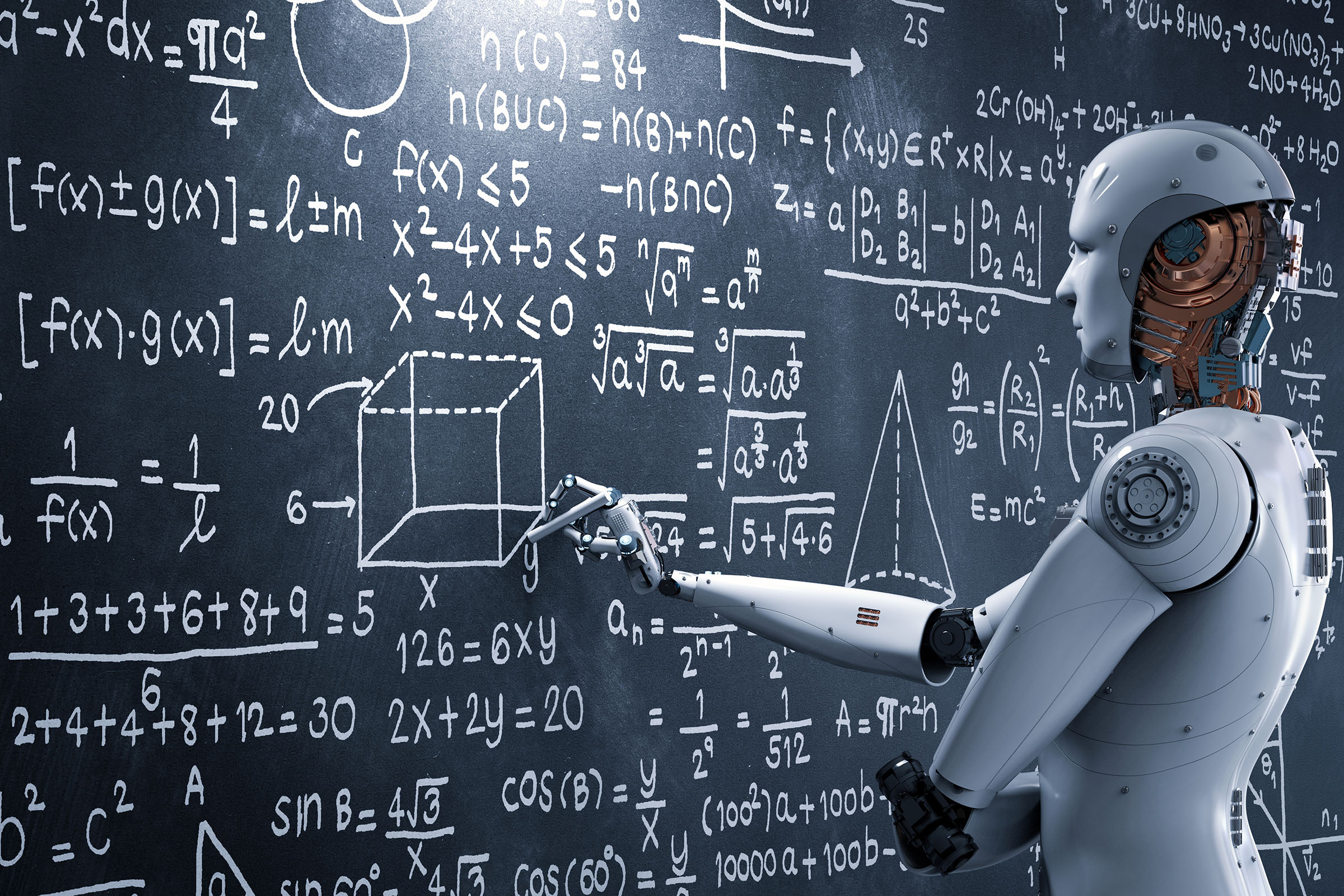AI pioneer warns ChatGPT can comprehend the meaning of our words and ideas
The ChatGPT threat may be bigger than we thought. At least, that seems to be what one of the “Godfathers of AI,” Geoffry Hinton, is worried about. Hinton, who spent decades building AI and helping machines learn, recently turned from his work as a pioneer in artificial intelligence and has now spent the past several months warning about the threat AI could pose to humankind.
“People say it’s just glorified autocomplete,” Hinton told The New Yorker’s Joshua Rothman while speaking about machine learning and how it completes our sentences and ideas. But, it is much bigger than that, Hinton says. To help illustrate the point, he discussed how you train AI models like ChatGPT’s GPT-4 to be really good at predicting what you want it to.
From there, sure, it learns how to predict what you want. But, in order to do that, it also has to understand what you mean when you put certain words into play. As such, Hinton says that the ChatGPT and other models like it could pose a threat because they can comprehend the meanings of the words and ideas that we share with them.
They might not be sentient, but they have an understanding of what those ideas and words mean so that they can build off of them. But, Hinton says that the intelligence displayed by AI systems like GPT-4 has transcended their artificial origins, and while they might not learn the same way that humans do, they can become something greater than we designed them to be.
He used the transformation of a dragonfly from its larvae form to help illustrate the issue to Rothman, noting that the dragonfly is the AI, while the larvae form is the information that was fed to the AI to create it. When it is all said and done, the AI is greater than the origins of its transformation, thus making it more powerful – and, in Hinton’s eyes, making it more of a threat to humankind.
It might sound crazy to think about ChatGPT or other AI posing a major threat to our way of life. And sure, there are a lot of genuine concerns surrounding AI and its widespread acceptance into our lives – not including how it could replace human jobs. But Hinton and others are worried about more than that. And while I’m not in a rush to jump into the boat of “AI is going to kill us all,” when the smartest people in the room start talking, it’s usually best to shut up and at least pay a little attention.
Will AI overthrow humanity? Does ChatGPT and other systems like it really pose a threat to humankind? Hinton and other pioneers within the AI community think so. Unfortunately, their concerns aren’t likely to slow down the supposed AI revolution that we’re currently experiencing.
The ChatGPT threat may be bigger than we thought. At least, that seems to be what one of the “Godfathers of AI,” Geoffry Hinton, is worried about. Hinton, who spent decades building AI and helping machines learn, recently turned from his work as a pioneer in artificial intelligence and has now spent the past several months warning about the threat AI could pose to humankind.
“People say it’s just glorified autocomplete,” Hinton told The New Yorker’s Joshua Rothman while speaking about machine learning and how it completes our sentences and ideas. But, it is much bigger than that, Hinton says. To help illustrate the point, he discussed how you train AI models like ChatGPT’s GPT-4 to be really good at predicting what you want it to.
From there, sure, it learns how to predict what you want. But, in order to do that, it also has to understand what you mean when you put certain words into play. As such, Hinton says that the ChatGPT and other models like it could pose a threat because they can comprehend the meanings of the words and ideas that we share with them.

They might not be sentient, but they have an understanding of what those ideas and words mean so that they can build off of them. But, Hinton says that the intelligence displayed by AI systems like GPT-4 has transcended their artificial origins, and while they might not learn the same way that humans do, they can become something greater than we designed them to be.
He used the transformation of a dragonfly from its larvae form to help illustrate the issue to Rothman, noting that the dragonfly is the AI, while the larvae form is the information that was fed to the AI to create it. When it is all said and done, the AI is greater than the origins of its transformation, thus making it more powerful – and, in Hinton’s eyes, making it more of a threat to humankind.
It might sound crazy to think about ChatGPT or other AI posing a major threat to our way of life. And sure, there are a lot of genuine concerns surrounding AI and its widespread acceptance into our lives – not including how it could replace human jobs. But Hinton and others are worried about more than that. And while I’m not in a rush to jump into the boat of “AI is going to kill us all,” when the smartest people in the room start talking, it’s usually best to shut up and at least pay a little attention.
Will AI overthrow humanity? Does ChatGPT and other systems like it really pose a threat to humankind? Hinton and other pioneers within the AI community think so. Unfortunately, their concerns aren’t likely to slow down the supposed AI revolution that we’re currently experiencing.
